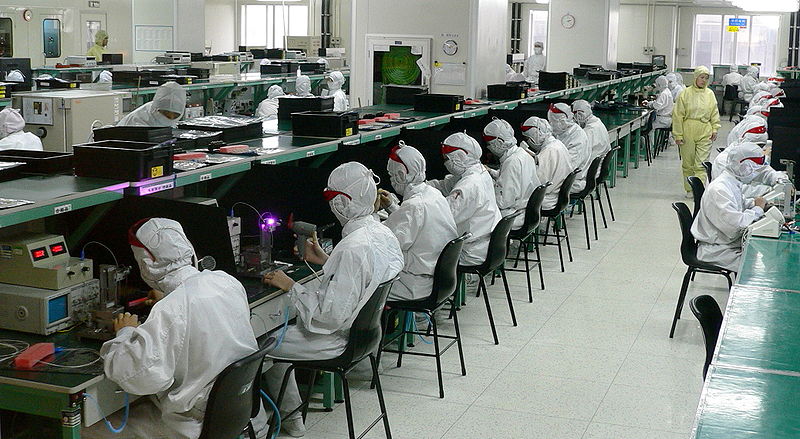Apple iPhone 14 Pro Harder To Find, Warns Best Buy CEO

Best Buy CEO warns iPhone 14 Pro models will be hard to find in US stores this holiday season, amid Covid impact at iPhone factory in China
The head of one of the largest electrical retail chains in the United States has warned about shortages of the iPhone 14 in the holiday season.
Reuters quoted Best Buy CEO Corie Barry as saying on Tuesday that Apple’s high-end iPhones will be in short supply at stores this holiday season.
It comes after iPhone production has been significantly impacted by a Covid-19 outbreak and strict regional lockdown at the world’s largest iPhone factory in China.

iPhone shortages
Best Buy’s Corie Barry said the electronics retail giant was seeing a shortage in stocks of the premium iPhones and had factored the expected loss in sales into its holiday quarter forecast.
“One of the places where we’re seeing a bit of (inventory) pressure is in those higher-end iconic iPhone devices,” Barry said on a media call.
Apple’s iPhones and other products draw a lot of customers to Best Buy stores and often trigger impulse buying of other gadgets as well, Reuters noted.
Reuters reported that Wedbush analyst Dan Ives estimated 8 million iPhone 14 units will be sold over the Black Friday weekend, about 2 million fewer than a year ago.
Inventory of iPhones are down about 25 percent from a year earlier at Apple’s own stores, Ives reportedly said.
Despite these shortages, Best Buy on Tuesday forecast a smaller drop in annual sales than it had previously estimated, saying it was confident that a ramp up in deals and discounts will bring in more inflation-weary customers during the holiday season, Reuters reported.
Factory lockdown
Earlier this month, Foxconn’s main iPhone plant in Zhengzhou, that employs some 200,000 workers and is sometimes referred to as “iPhone City”, was placed in a seven day lockdown.
Chinese authorities took the decision to lockdown the whole area after the Taiwanese company had tried to control a Covid outbreak at the world’s largest iPhone factory.
Before the lockdown kicked in, local reports had suggested that significant numbers of workers at the Zhengzhou plant had fled the site, as Coronavirus cases rose, due to fears of lockdowns or Covid-19 outbreaks.
That lockdown itself lasted until Wednesday 9 November, and it did not appear to stop cases spreading however, with infections identified in October and November.
With the lockdown over at the facility, production is still down due to lack of staff (a lot of whom had fled).
Capacity at the factory could be down by as much as 30 percent this month, it has been reported in media outlets.
Foxconn said it will do everything it possibly can to fulfil its order book, and last week Chinese officials reportedly began drafting in retired members of the military and government to help.
Officials have been accused of “performative lockdown lifting” after reports people’s freedoms were still restricted inside.
Apple warned customers of longer wait times for new iPhones as the lockdown affected shipments of the latest generation of the device, introduced in September.
The factory is critical to Apple, as about 70 percent of iPhone assembly takes place at the Zhengzhou complex.
Normally the plant has 200,000 workers, who produce a staggering 500,000 iPhones a day.
Chinese media reported last week that 100,000 new workers had been hired following a recruitment drive.